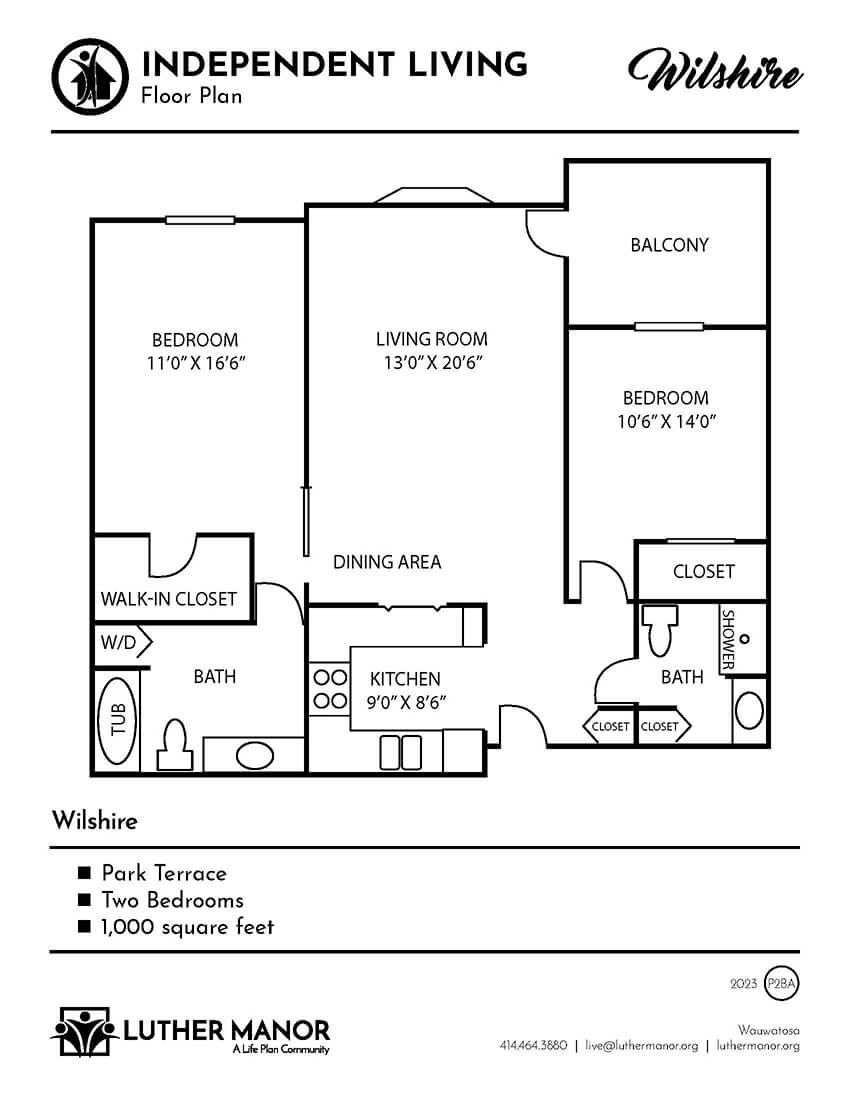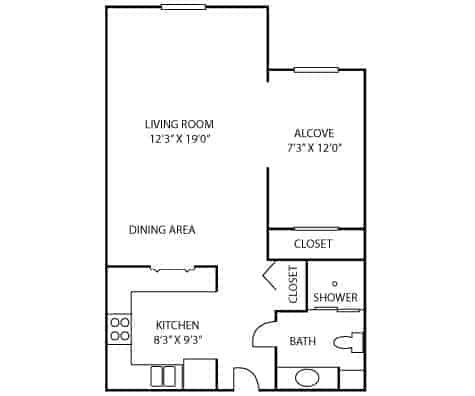Since 1996, National Safety Month has aimed to increase awareness of the leading safety and health risks—in the workplace, on the road, and in homes and communities—and ultimately decrease the number of unintentional injuries and deaths in the United States. Great advice for every age and aspect of life is available on the NSC blog site and in a special NSC article outlining the top causes of preventable injuries. Here, we are going to focus on safety tips specifically for older adults.
What You Need To Do To Stay Safe In Your Home
Falls, burns, and poisonings are among the most common accidents involving older adults, according to Health in Aging compiled by professionals at the American Geriatrics Society. And with a growing number of older adults living independently, it’s important to know what you need to do to stay safe at home.
Tip #1—Keep The Numbers Handy.
Make sure your emergency contact list is easily accessible by each telephone and that the list is in large enough print so you can read it easily if you are frightened or in a hurry. Be sure to list numbers for:
- 911
- Poison Control
- Emergency Contact—family member or friend
- Healthcare provider
Tip #2—Make Your Home Safe.
Clear hallways, stairs, and pathways of books, shoes, etc., and make sure these places are well-lit. When going up and down stairs, use rails and banisters. Tape all area rugs to the floor, and NEVER place a scatter rug at the bottom or top of the stairs.
Tip #3—Address Bathroom Hazards.
To prevent scalding, set the water heater thermostat no higher than 120o. Put rubber mats in the bathtub to avoid slipping. Install grab bars in the shower and near the toilet for safety and ease getting in and out.
Tip #4—Prevent Falls.
If you are having trouble with balance, walking or have fallen in the past, ask your healthcare provider for a special falls risk assessment. You may need a special exercise program and/or an emergency alert bracelet or necklace. Carry a cordless or cell phone so you don’t need to rush to answer a call. Check your footwear—non-slip, flat, thin-soled bottoms that fit well are best.
Tip #5—Protect Against Fire.
Don’t wear loose clothes or long sleeves when cooking. Check appliance cords for fraying or damage. Avoid putting too many electrical cords in one socket or extension cord. Make sure heaters are at least 3 feet away from curtains, bedding, furniture, etc. Replace smoke detector battery twice a year. If there is a fire in your home, don’t try to put it out. LEAVE AND CALL 911—know at least two ways out of your home or apartment.
Tip #6—Be Aware Of Poisoning Dangers.
Gases, chemicals, and other substances can cause poising, but prescription drug overdose is by far the leading cause. CARBON MONOXIDE: Never try to heat your home with your stove, oven or grill since these can give off carbon monoxide that you cannot see or smell. Place a carbon monoxide detector near all bedrooms and change the batteries twice per year. MEDICATIONS: Keep meds in original containers so you don’t mix them up. Ask your pharmacist to use large-print labels that are easier to read—and take your pills in a well-lit room. Regularly review your medication regimen with your healthcare provider. CLEANING PRODUCTS: Never mix bleach, ammonia, or other cleaning liquids together—they can create deadly gases.
Tip #7—Guard Against Personal Abuse.
Keep your windows and doors locked at all times. When alone, never let a stranger into your home. TELEPHONE TALK: Share all sales offers with a friend or family member after requesting the information in writing/print. Don’t be pressured into making telephone purchases or donations. Never give out personal information, social security number, credit card, bank information, or account passwords to people you do not know.
Final Thoughts & Resources
Our seven tips above seem so elementary. They are—but they’re worth reviewing during this National Safety Month that encourages all of us to advocate for hazard-free environments and smart choices in life. There’s something to be said for being prepared for Life’s What-ifs, too. At Luther Manor, we truly believe in having sensible strategies in place for whatever the future might bring. This is the foundation of our continuum of care and other specific care options, such as supportive living and assisted living.
Luther Manor has the resources and staff to help you navigate all areas of your life with peace of mind and confidence. To learn about everything our genuine, homegrown community grounded in Midwestern values can provide for you or your loved one, contact us today.




